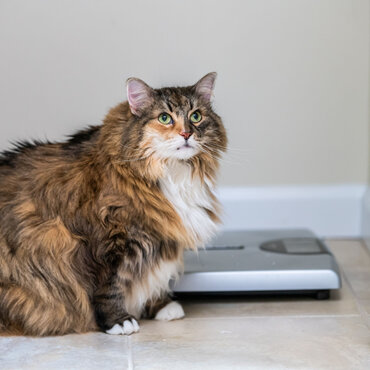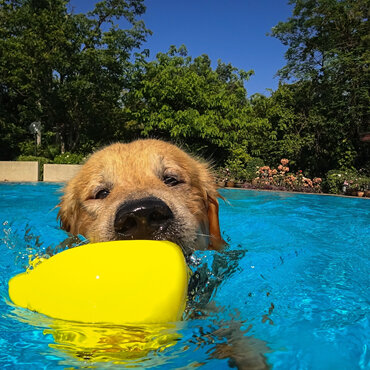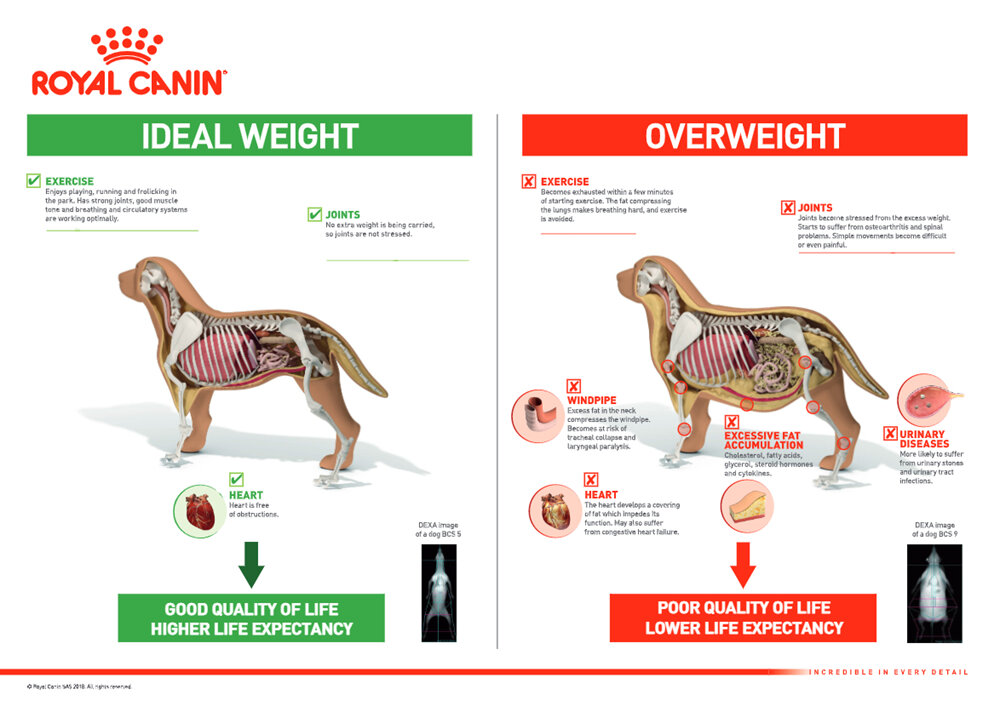Franklin Vets
Franklin Vets - excellence in veterinary care for dairy, farming, lifestyle, equine and household pets. BESTPRACTICE ACCREDITED NZ.
Your account is powered by Storbie. To edit your profile visit my.storbie.com
Your account is powered by Storbie. To edit your profile visit my.storbie.com

A study carried out by the SPCA found more than 25% of dogs and 20% of cats in New Zealand were overweight or obese.
Unfortunately, those few extra kilos can exacerbate or accelerate the onset of several other health conditions. These include:

Reducing and maintaining a healthy weight in your pet(s) requires a combined approach, ensuring they are receiving both adequate nutrition and the right amount of exercise.
Maintaining a healthy weight is an important component of prolonging quality of life in our pets. If this is something you would like to know more about, or assistance with achieving in your pets, then pop into your local Franklin Vets clinic.
Dr Stephaine Reid BSc (Hons) BVSc
Franklin Vets - excellence in veterinary care for dairy, farming, lifestyle, equine and household pets. BESTPRACTICE ACCREDITED NZ.




